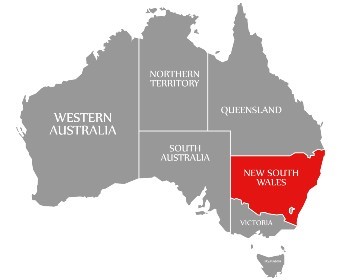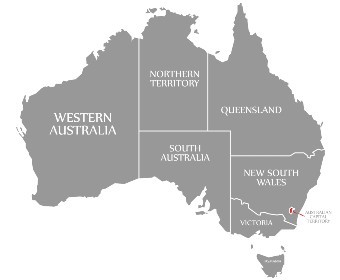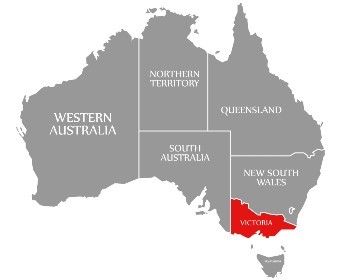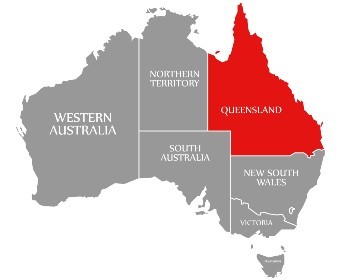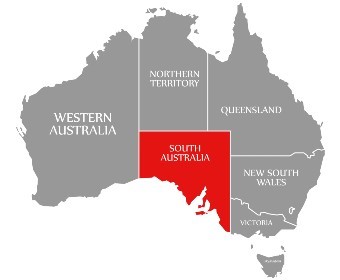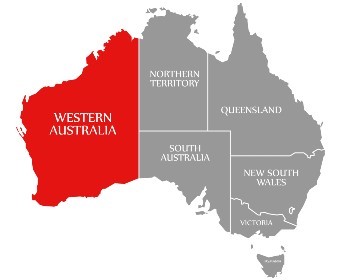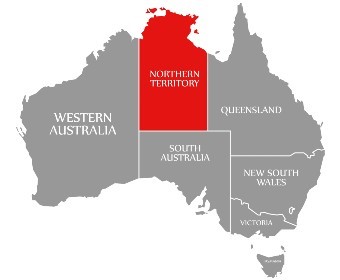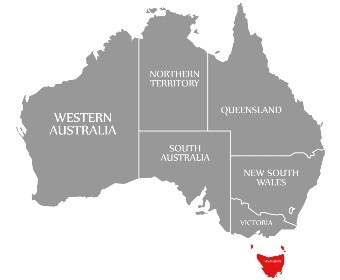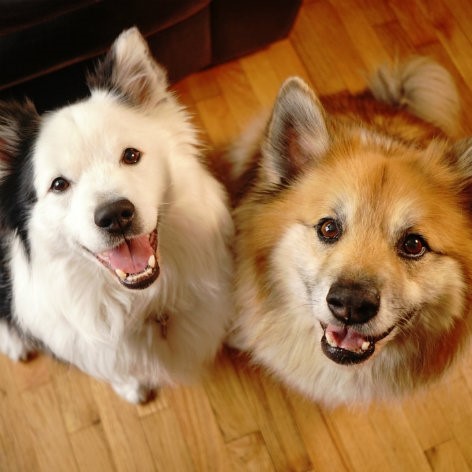Each local council area in Western Australia handles the registration of dogs themselves, with every dog over three months required to be registered. Registration fees are set by each council area with the option to register your dog for one or three years or for their lifetime.
You can complete the registration online via your local council’s website, or they will offer a downloadable form for you to fill out and send through to them. Once registered, you’ll receive a registration disc that will need to be attached to your dog’s collar and worn at all times.
If you lose your tag or move within WA, you can contact your local council for a new registration tag free of charge and update your details. You’ll need to fill out the registration transfer forms if you’ve moved council areas.



